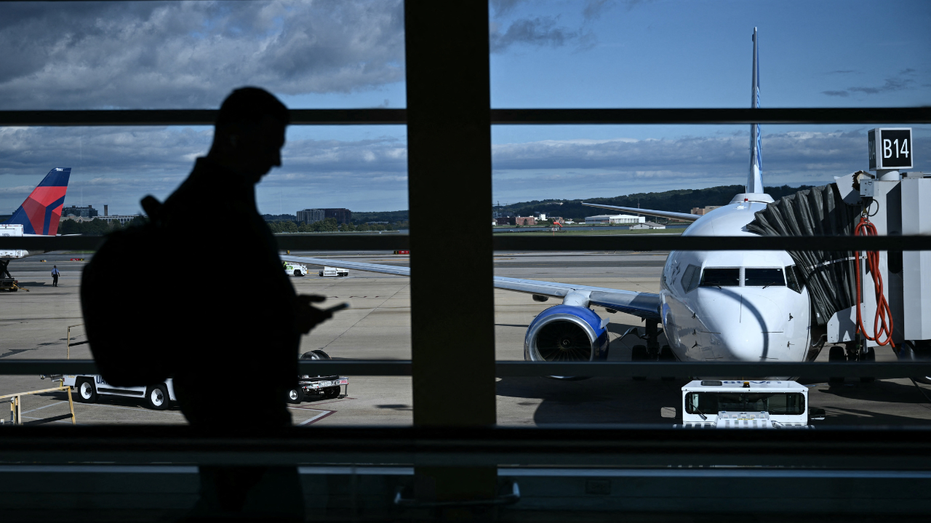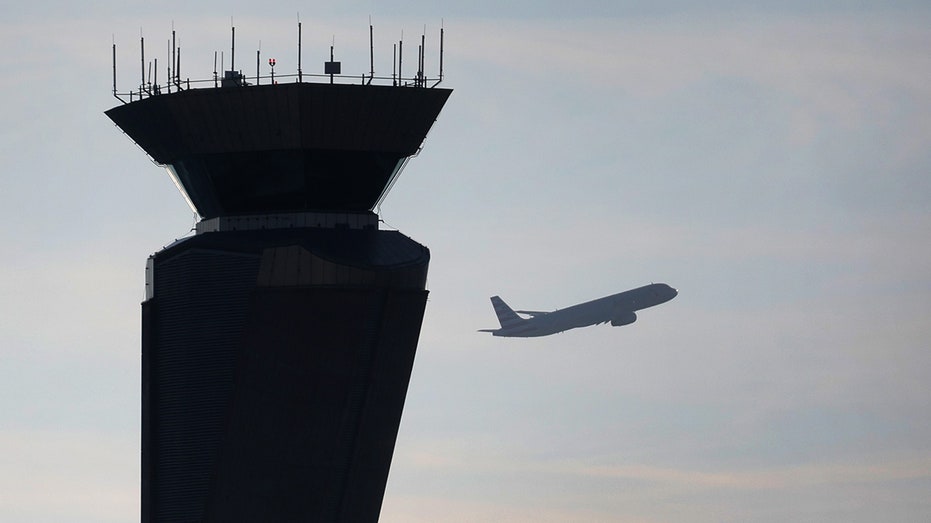Airline passengers aren’t guaranteed refunds for certain flight disruptions.
Under rules outlined by the Department of Transportation (DOT), if an airline cancels a flight or makes a major schedule change, passengers are entitled to a refund if they choose not to travel under the new terms. However, if a traveler accepts a significantly delayed or modified flight, or takes an alternative flight offered by the airline, they are not eligible for a refund. It does not guarantee cash compensation beyond the refund.
The rules differ slightly from a Biden-era proposal, later dropped by the Trump administration in September, that would have required airlines to provide more compensation for delays and cancellations that were caused by an airline. It would have also established uniform refund standards for flights to, from or within the U.S.
AIRLINES WORK TO LIMIT IMPACT AS FAA CUTS AIR TRAFFIC BY 10% ACROSS 40 MARKETS AMID SHUTDOWN
FLIGHT DELAYS WORSEN AS UNPAID AIR TRAFFIC CONTROLLERS FEEL GOVERNMENT SHUTDOWN PAIN
When passengers get a refund:
Passengers will get a refund if their flight is canceled, regardless of the reason, and they choose not to travel. Consumers who purchase fully refundable tickets are entitled to a refund if they do not use their ticket.
AIR TRAFFIC CONTROLLERS ISSUE DESPERATE PLEA AS FAMILIES STRUGGLE WITHOUT PAYCHECKS

They are also entitled to a refund if the airline significantly delays a flight or significantly changes a flight and the “consumer chooses not to travel or accept travel credits, vouchers, or other forms of compensation offered by the airline,” according to the Transportation Department’s website.

For late departures, passengers are entitled to a refund if they are at least three hours late for domestic trips and at least six hours for international trips. For late arrivals, the consumer is entitled to a refund if they are scheduled to arrive at the destination airport three hours or more for domestic itineraries or six hours or more for international trips.
Passengers are also entitled to a refund if their flight is rescheduled to depart from a different origin airport or arrive at a different destination airport. The same applies if the new itinerary includes more connection points than originally planned, or if travelers are involuntarily downgraded to a lower class of service and choose not to travel.
If passengers accept the downgrade, they are not entitled to a full refund, but the airline must reimburse the difference between the original fare and the downgraded fare, according to the DOT.
Passengers with disabilities are also eligible for a refund if their new itinerary includes different connecting airports or if the replacement aircraft lacks accessibility features they need.
Read the full article here










